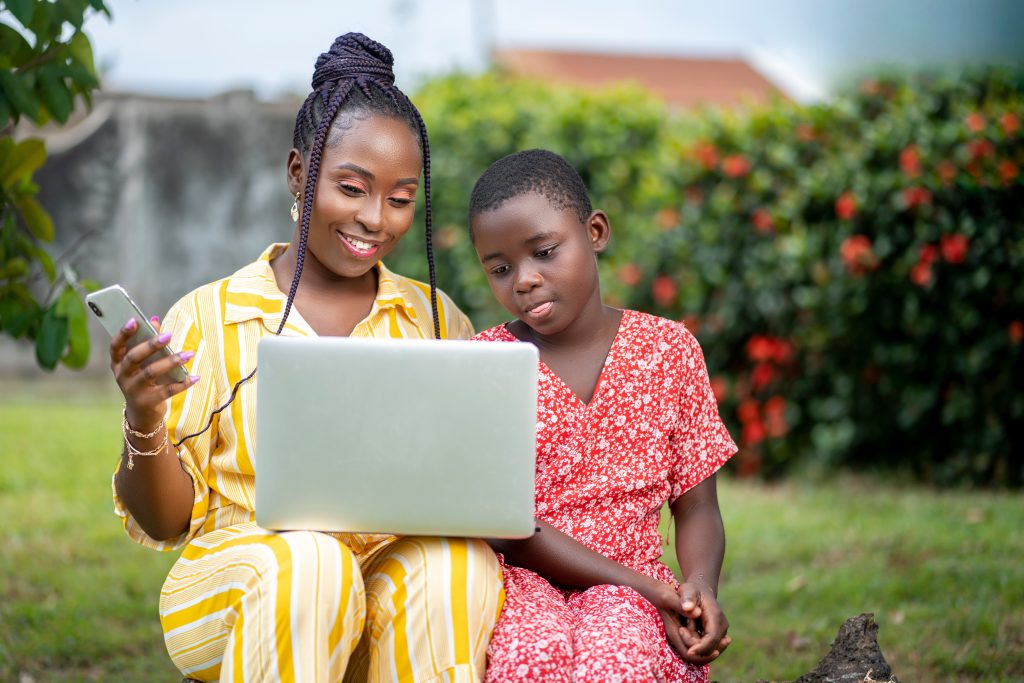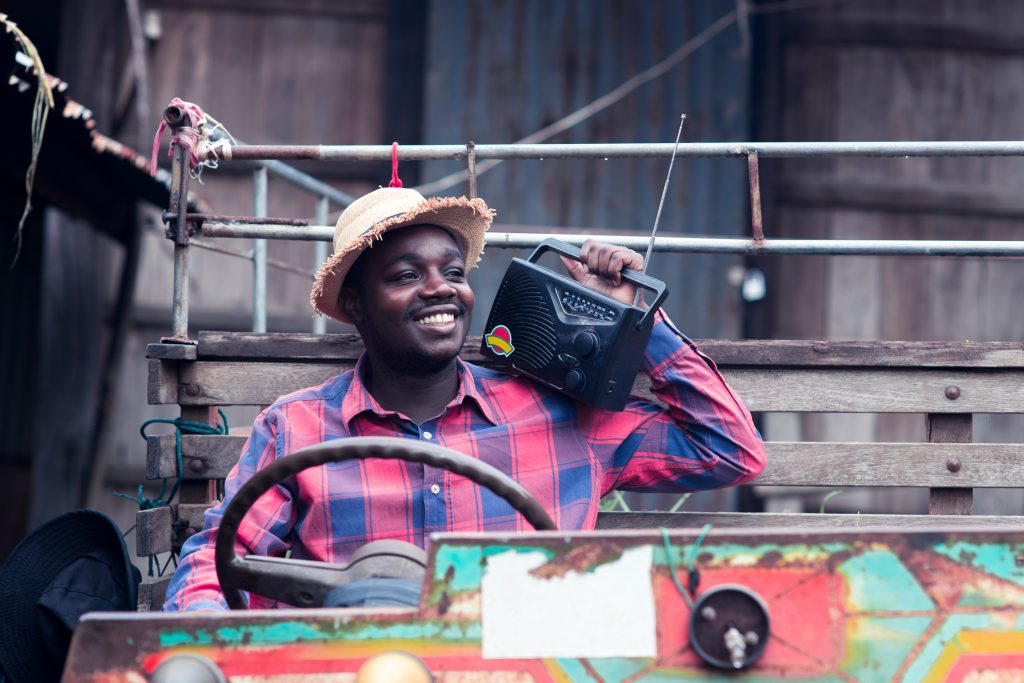Radio makes waves in Africa. This media is one of the most effective ways to raise awareness of important issues, such as climate change, among young people in the continent given its wide reach, accessibility, adaptability, cost-effectiveness, and ability to tap into various linguistic groups.
According to the International Telecommunication Union (ITU), for instance, radio remains the main mass communication medium in Africa.
Moreover, the UN CC:Learn experience has shown that leveraging the widespread use and influence of radio in Africa, particularly in Southern Africa, is a useful approach to educating and mobilizing African communities on climate change.
Against this backdrop and building on a partnership that started in 2020, UN CC:Learn and MIET Africa joined forces once again to organize the “Youth Talk – Climate Action” radio series targeting youth in four Southern African countries – Lesotho, Malawi, Zambia, and Zimbabwe. This series ran from September to November 2023 and had a total of 112 episodes in seven languages and on seven different radio stations (full list at the end of the article).
Over three months, “Youth Talk – Climate Action” covered important topics, such as water security, the impact of climate change on youth’s health, the role of forests and trees, and infrastructure for disaster management and planning. The live radio programmes benefitted from experienced and highly committed radio hosts and dedicated teams from MIET’s FutureLife Now!, who were responsible for producing each episode.
This time around, UN CC:Learn and MIET introduced new features to the series that made it more engaging and interactive. In addition to the live radio programmes, WhatsApp and SMS messaging, phone-ins, competitions, and radio clubs complemented the series.
“My guest came from a school outside Lusaka and explained how community leaders are helping youths with projects to mitigate climate change and to be self-sustained in food security.” – Youth Talk – Climate Action listener.
At the end of the series, a listenership survey was conducted with 565 listeners in the four countries. It provided important insights into the series’ success, as well as the audience’s listening habits and things to consider in the future.
Some of the key findings:
- Most listeners listened to the radio at home, with almost half of them streaming the radio programmes.
- 68% percent said they listened to one or more “Youth Talk – Climate Action” episodes.
- 75% were youth between 18-35 years old, which was the series’ target group.
- Most respondents felt that they had gained new knowledge about the environment and ways of taking action to protect it, with as many as 95% in Malawi.

“Forests and vegetation could be the best ways to mitigate climate change and global warming, so it is advisable to plant as many trees as possible.” – “Youth Talk – Climate Action” listener and survey respondent.
The very positive feedback received through the survey confirms the success of the radio series as an impactful way of reaching youth audiences. UN CC:Learn and MIET Africa will delve into lessons learned from this experience to consider another collaboration in the future.
Radio and Languages
Zimbabwe:
Zimbabwe Broadcasting Corporation, Power FM (English)
Zimbabwe Broadcasting Corporation, Radio Zimbabwe (Shona/Ndebele mix)
Zambia:
Zambia National Broadcasting Corporation, ZNBC– English, Bemba and Nyanja
Malawi:
Malawi Broadcasting Corporation ZODIAK (English/Chichewa mix)
Lesotho:
Ministry of Communications Science and Technology- Radio Lesotho (English /Sesotho mix)

